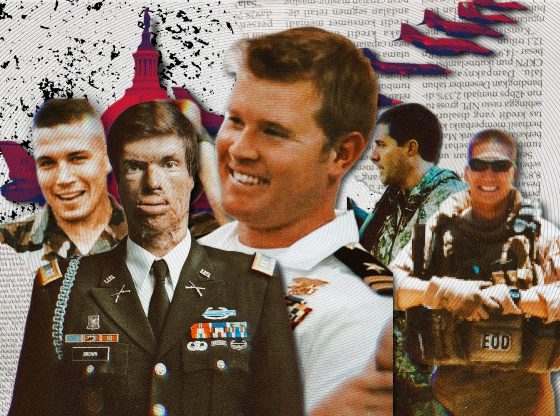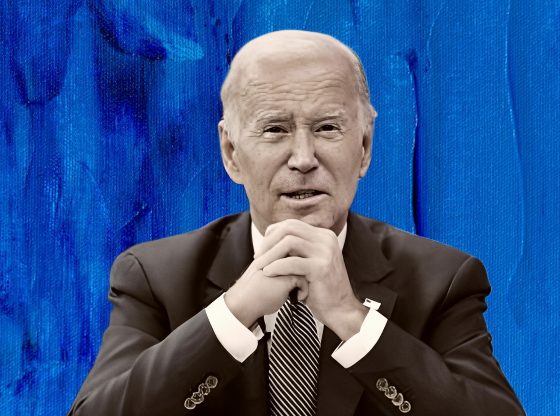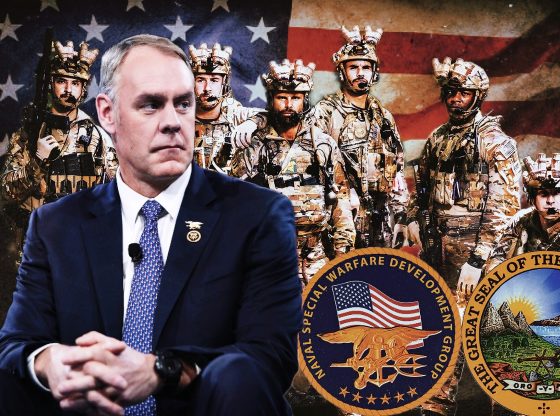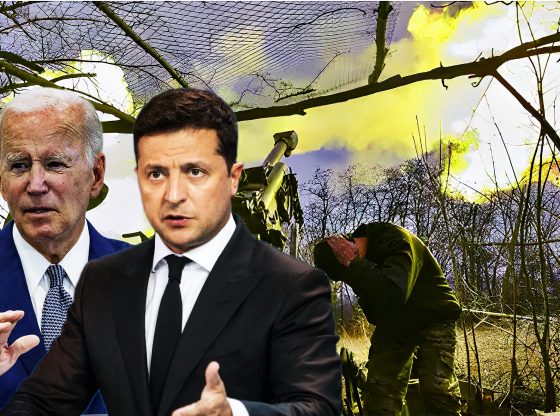Dr. Kass takes time in the latter half of her open letter to the president to address the need to have a coherent and flexible plan when confronting today’s evolving challenges.
It’s something every American should keep in mind with the myriad unprecedented threats to our national security:
Strategic endeavors are notoriously difficult to end advantageously. Always consider your desired end state before taking the first step. Likewise, realize that indecision and inconsistency are debilitating and dangerous. There are no “time outs.”
Vacillation will not freeze world events. In a highly competitive environment, any vacuum will be filled — often by malign actors — leaving every subsequent action fraught with even greater risk.
Never assume others are naïve, misguided, or willing to subordinate their interests for yours.
Beware of hubris. Humility is indeed a virtue, particularly in a volatile, inherently unpredictable environment. The “global balance of power” is a literal construct — it is truly about equilibrium. The only questions are who will lead and how the balance will be maintained or restored.
Global peace and prosperity are inextricably intertwined. Both are anchored in America’s strength and resolve.
As a global power with global commitments, standing by our allies is the gold standard of trust and credibility — a standard by which you will be judged. While you should think long and hard before taking on new responsibilities, existing obligations must be honored.
Likewise, allies must stand by the United States. Alliances are a two-way street, but it is always better to add than subtract.
The military you will command must be able to deter aggression, defend allies, and defeat opponents across the full range of operations, in all domains — and it must be perceived in this manner. Deterrence is in the eye of the beholder, and it is measured in the breach.
Trust cannot be surged on demand — it takes a long time to build and can be shattered in a moment of inattention.
National security strategy requires a constant adaptation of ends, ways, and means to shifting conditions, in an environment where chance, uncertainty, fog, and friction dominate. To add to the complexity, strategy is multi-dimensional:
The objectives, intentions, actions, and reactions of allies and opponents are often opaque and variable. Policy goals (ends) play a critical role, as do diplomatic, financial, technological, and military resources (means).
Other factors — history, culture, ideology, ethos, personalities — influence behavior in subtle, but important ways.
Three elements underpin strategic leadership:
1) Grasp of strategic practice; 2) a knack for innovation; and 3) the ability to align domestic and international concerns.
Strategic practice is the essence of the president’s job. Strategy guides action. Its focus is on how to use available means to achieve the desired ends with acceptable risk — avoiding single-issue fixation while balancing current requirements with future imperatives.
Innovation is the ability to think anew and develop creative approaches to changing circumstances. Innovation stems from foresight — the aptitude to read current and emerging trends while anticipating their future direction. It requires courage and perseverance, as well as the readiness to “break some glass,” especially in entrenched and stultified bureaucracies.
Do not shy away from discarding assumptions that — while comfortable or comforting — fail to account for new strategic realities.
Think holistically: capture both the whole and its component parts; grasp multi-dimensional, dynamic relationships as they are today and as they might evolve tomorrow; strive to relate seemingly disparate activities to one another; and most importantly, anticipate second – and third-order effects of both actions and inactions.
The alternatives to strategic thinking are incoherence, confusion, and the disappointments that are sure to follow.
Surround yourself with men and women of character. While loyalty matters, seek a diversity of viewpoints and think of diversity as encompassing far more than color, gender, or ethnicity. Cherish those who speak truth to power, unbound by political correctness.
These virtues are both rare and fragile.
Deliberately foster and protect the people who possess such attributes. Recognize the difference between facts and opinions. Ask your advisors how they know what they view as facts. Encourage people to identify pitfalls and offer alternative solutions.
But once you make a choice, the decision is yours to own, and the buck truly stops with you.
The challenges are daunting, and threats abound at home and abroad. Forces of evil have been allowed to flourish. America’s credibility and stature are in dire need of renewal. Lead with commitment and consistency.
Good people everywhere will follow if you chart a clear path and articulate the vital interests at stake.
The world is changing rapidly, and more dramatic upheavals are on the way. We have slayed the Soviet Communist Bear only to face a Chinese Communist Dragon, a nationalist Russian Bear, a dangerous Iran, an erratic North Korea and vipers’ nests of unpredictable, asymmetric perils.
While the global war against violent Islamists is far from over, these other threats are now far more dire.
All either already possess or are close to acquiring nuclear, space, and cyberwarfare capabilities. Further proliferation of weapons of mass destruction represents a clear and present danger.
In the case of China, you could be facing an existential threat to the United States. Who will prevail and what kind of world will emerge in the aftermath remain open questions, but could decide the fate of billions.
You must make a serious effort to win this contest in a manner that establishes a better peace and secures U.S. strategic interests.
The U.S. military also can no longer rely on being the unchallenged global power. Every domain — land, sea, air, space, and cyberspace — is a contested environment. Emerging technologies make it easier for adversaries to deny access and target America’s core strengths, including the homeland itself.
As a result, future conflicts will be more costly, more violent, and more difficult to control. The potential for strategic surprise is high, and our military’s residual capacity is at a historic low.
Beware of complacency and strategic myopia. History is replete with examples of disasters born of lack of foresight. Consider this: In the wake of its spectacular victory in 1967, Israel rested on its laurels, secure in the soon-to-be-proven fallacy that past success suffices to deter future attacks.
Six years later, it was fighting for its survival, the victim of a devastating surprise orchestrated by a seemingly defeated — and grossly underestimated — foe.
The lessons of history are clear: Aggressors tend to assume risks that seem irrational and, thus, improbable to the intended victim. This leads to strategic surprise followed by a belated, often chaotic response, and the potential of a catastrophic failure.
Do not trivialize adversaries’ stated intent merely because their aspirations appear far-fetched or their capabilities seem inferior. With the increasingly rapid diffusion of military technology, these facts can change overnight.
Worse, strategic incoherence undermines America’s credibility, stifles innovation, and diverts attention from true exigencies.
You will be taking the helm during a perfect storm fueled by the most toxic political atmosphere and racial tensions in recent memory — amid an extraordinary meltdown in respect for authority, law and order. The social compact that makes the United States whole — as well as the rules-based global order — are both fraying at the seams.
You must commit now to restore the moral compass that has guided America since its inception.
As Abraham Lincoln said: “It is for us the living … to be dedicated to the great task remaining before us … that this nation, under God, shall have a new birth of freedom — and that government of the people, by the people, for the people, shall not perish from the earth.”
Dr. Lani Kass is a Senior Advisor to the Center for American Defense Studies (CADS). A former Corporate Strategic Advisor at CACI, she also served as the Senior Policy Advisor to the Chairman of the Joint Chiefs of Staff, directed the Air Force’s Cyber Task Force, served as Special Assistant to Chief of Staff of the Air Force, and was the first woman Professor of Military Strategy at the National War College. During her 20 years at NWC, Dr. Kass educated several generations of the nation’s senior-most strategic leaders.















